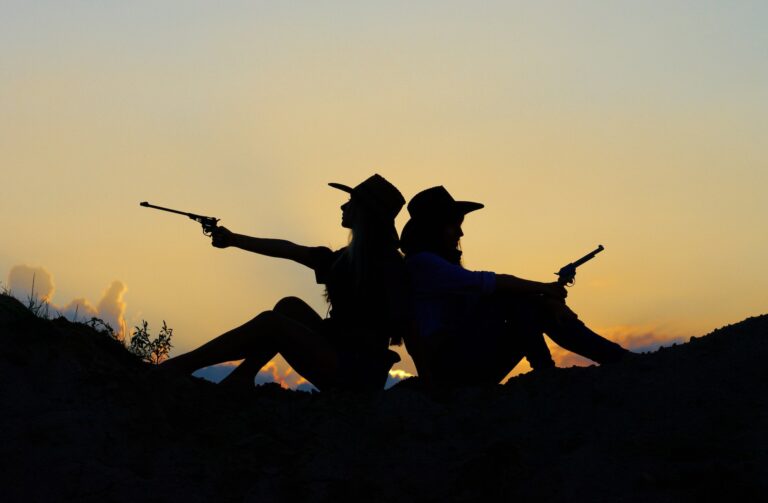Niger is a landlocked country in West Africa that has a population of over 22 million people. The country has a history of civil unrest and violence, with many conflicts fueled by ethnic tensions, poverty, and access to resources. This has led to a significant proliferation of guns and firearms throughout the nation. In this article, we will explore the legality of guns and firearms in Niger, the process of obtaining a gun license, the laws and penalties related to gun use, and public opinion on the matter.
What is the legality of guns and firearms in Niger?
In Niger, the private ownership of guns and firearms is regulated by the government. Civilians are not allowed to possess automatic weapons, but they can legally own hunting rifles, shotguns, and handguns for self-defense purposes. However, these weapons must be registered with the government, and their owners must obtain a license to carry them.
How can one obtain a gun license in Niger?
To obtain a gun license in Niger, individuals must meet the following requirements:
- Be at least 21 years old
- Provide proof of citizenship
- Pass a background check
- Complete a firearms training course
- Have a valid reason for owning a firearm, such as self-defense or hunting
Once these requirements are met, individuals can apply for a license through the Ministry of Interior. The process usually takes several months to complete.
Illegal possession or use of firearms in Niger can result in severe penalties, including imprisonment and fines. The country’s law enforcement agencies, including the police and military, are responsible for enforcing gun laws and ensuring that firearms are used responsibly and legally. Additionally, Niger has signed and ratified the United Nations Arms Trade Treaty, which aims to regulate the international trade in conventional arms and prevent their diversion to illicit markets.
What is the public opinion on guns and firearms in Niger?
Public opinion on guns and firearms in Niger is varied. Some individuals believe that owning a firearm is necessary for personal protection, especially in rural areas where law enforcement may be limited. Others argue that the widespread availability of guns has contributed to the country’s ongoing violence and instability. In recent years, the government has implemented several initiatives to combat illegal arms trafficking and promote responsible gun ownership.
What types of guns can be found in Niger?
The types of guns that can be found in Niger include:
- Hunting rifles
- Shotguns
- Handguns
- Assault rifles (primarily used by the military and security forces)
What are the rules regarding air rifles and airsoft guns in Niger?
Air rifles and airsoft guns are not considered firearms in Niger and are therefore not subject to the same licensing requirements. However, their use may still be regulated by local laws, and individuals should consult with local authorities before purchasing or using these types of weapons.
According to the Small Arms Survey, the rate of private gun ownership in Niger is estimated to be around 1.1 firearms per 100 residents. The country has one of the lowest rates of gun ownership in the world. However, due to the ongoing security challenges and conflicts in the region, the number of illegal firearms in circulation is believed to be much higher.
Where can one find helpful links, government laws, and resources on gun laws in Niger?
For more information on gun laws in Niger, the following resources can be helpful:
- GunPolicy.org – Provides a comprehensive overview of gun laws and regulations in Niger.
- LegiNiger – The official website of Niger’s government, which contains information on national legislation, including gun laws.
- United Nations Arms Trade Treaty – Information on the international treaty that Niger has signed and ratified, which aims to regulate the global arms trade.
